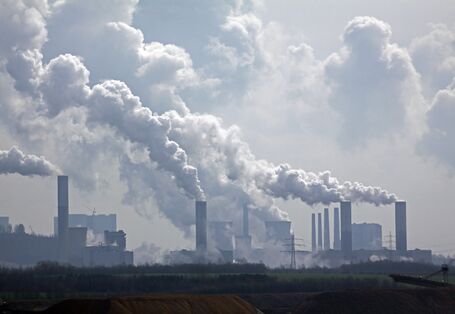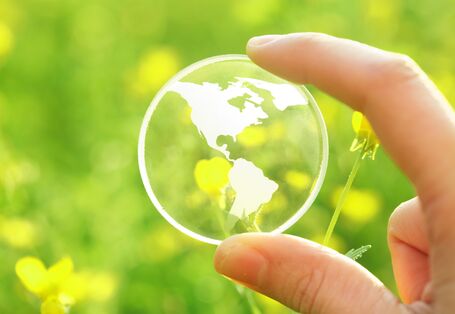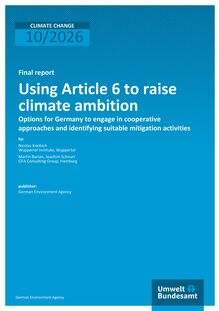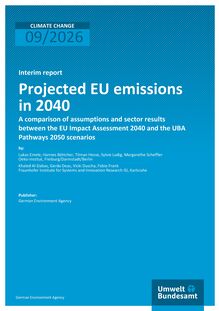Emissions trading 2021: record revenues in Germany exceeding 12 billion euros

The EU Emissions Trading System (EU-ETS) generated 5.3 billion euros for Germany through auctioning in 2021, a sum double that in 2020. An additional 7.2 billion euros was generated through sales of certificates in the new national emissions trading system (nEHS), which came into effect in 2021 and targets the heat and transport sectors.
















